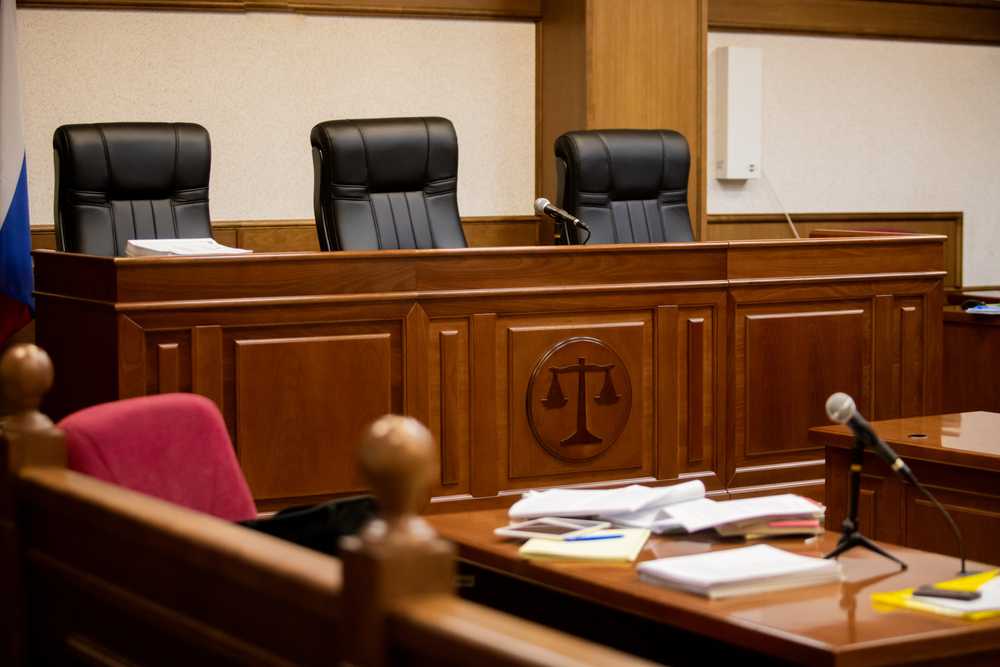When people think about civil litigation, they often imagine dramatic courtroom battles. However, not all legal disputes end up in court. In fact, many are resolved through a process called alternative dispute resolution (ADR). ADR is a way to settle disputes outside of a courtroom, often saving time, money, and stress for everyone involved.
If you are facing civil litigation, it’s important to understand how ADR works and whether it might be a good option for your case. Our team at Neuberger, Griggs, Sweet & Froehle, LLP in Watertown, WI, can help guide you through the process.
Understanding Alternative Dispute Resolution
Alternative dispute resolution (ADR) is a way to settle legal problems without having to go through a full trial in court. It is commonly used in civil litigation cases, where two parties disagree over issues like contracts, property disputes, or personal injury claims. Instead of waiting months or even years for a trial, ADR allows people to reach an agreement more quickly.
ADR can take different forms, but the most common ones in civil litigation are mediation and arbitration. Each method has its own process and benefits, which we will discuss in detail below.
Mediation: Finding Common Ground
Mediation is a process where a neutral person, called a mediator, helps both sides talk things through and find a solution they can agree on. Unlike a judge, the mediator does not make decisions. Instead, they facilitate discussions, helping each side understand the other’s point of view.
Mediation is a useful tool in civil litigation because it encourages cooperation rather than conflict. Mediation works especially well when both sides want to stay on good terms after solving the issue. For example, in business disputes or family matters, mediation helps find solutions that work for everyone.
At Neuberger, Griggs, Sweet & Froehle, LLP, we often recommend mediation in civil litigation cases because it is faster, less expensive, and less stressful than a trial. Our team can assist in preparing for mediation to ensure the best possible outcome.
Arbitration: A Private Courtroom
Arbitration is another way to settle legal disputes outside of court, and it’s commonly used in civil cases. It is more formal than mediation but still takes place outside of a traditional courtroom. In arbitration, both parties present their case to a neutral arbitrator, who then makes a binding decision.
One of the biggest advantages of arbitration in civil litigation is that it is usually quicker than going to trial. The process is also private, which can be beneficial for those who prefer to keep their disputes confidential.
However, arbitration does have some downsides. Unlike mediation, where the parties have control over the outcome, arbitration results in a decision that must be followed. This means that if one side is unhappy with the decision, they usually cannot appeal it like they could in a courtroom trial.

Why Choose Alternative Dispute Resolution?
There are several reasons why people involved in civil litigation choose ADR instead of going to trial:
- Time Efficiency: Court cases can take months or even years to resolve. ADR can help settle disputes much faster.
- Cost Savings: Legal fees and court costs add up quickly. ADR is often a more affordable option.
- Less Stress: Trials can be emotionally exhausting. ADR provides a more peaceful way to resolve conflicts.
- Confidentiality: Court cases are public records, but ADR proceedings are private.
- More Control: Mediation allows both parties to have a say in the final agreement.
Our team at Neuberger, Griggs, Sweet & Froehle, LLP believes that in many civil litigation cases, ADR is the best solution. However, it is important to evaluate each case individually to determine the best approach.
When is ADR Not the Best Choice?
While ADR is helpful in many civil litigation cases, there are times when going to court is necessary. ADR may not be suitable if one party is unwilling to negotiate or if the case involves intricate legal matters that require a judge’s decision.
Additionally, if a party needs a legal precedent set for future cases or if they believe the other party is acting in bad faith, pursuing civil litigation through the court system may be the better option. Our team can look at your case and help you decide if settling outside of court or going to trial is the better option for you.
Contact Us Today
Neuberger, Griggs, Sweet & Froehle, LLP brings extensive experience in handling civil litigation cases, proudly serving clients in Watertown, WI. We work closely with our clients to explore all possible solutions, including alternative dispute resolution. Whether you are considering mediation, arbitration, or need to go to trial, we will guide you through the process every step of the way.
Understanding civil litigation and ADR can be challenging, but you don’t have to navigate it alone. Our team is here to provide legal advice, represent your interests, and help you achieve the best outcome for your case. Contact Neuberger, Griggs, Sweet & Froehle, LLP today to learn more. Our experienced attorneys in Watertown, WI, are ready to assist you. Call us at (920) 261-1630 or (618) 487-9029 to schedule a consultation. With offices in Watertown, Lake Mills, and Columbus, we can meet you at whichever location is most convenient for you.
